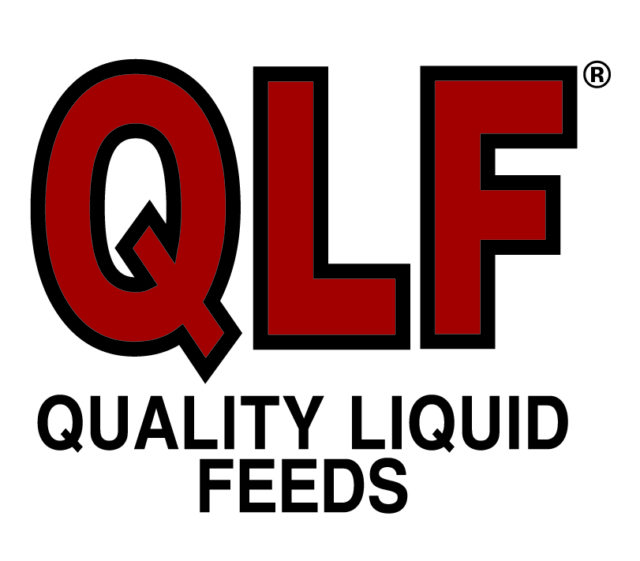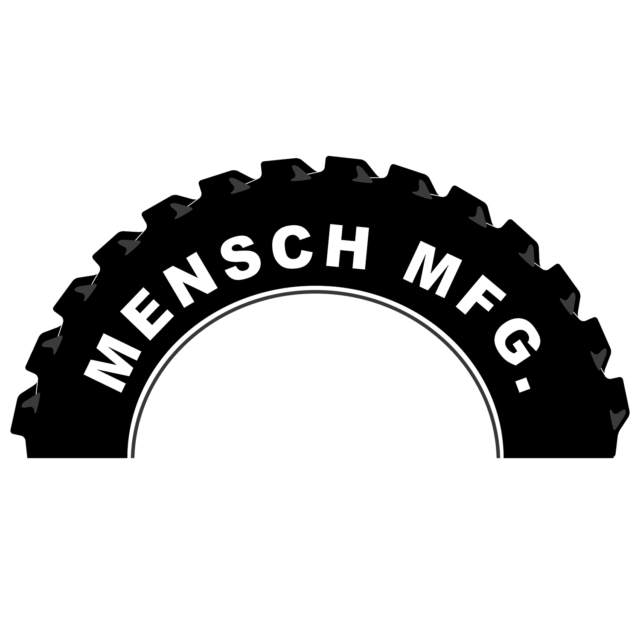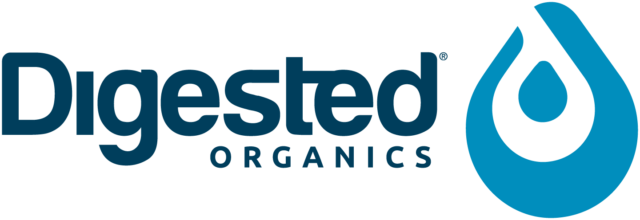In a time when there is large amounts of concern in the agricultural industry due to low commodity prices, regulatory pressures and attacks against the technologies we use, it is easy to become discouraged. Lately, I have been taking the opportunity to step back. I have tried from my limited view to see the changes that are happening around us and have come to the conclusion that we are living in an era that history may look back on and view as the most disruptive in human history. I feel that depending on your attitude, it can be either extremely frightening or extremely exciting.
We could currently be watching the implosion of one of our political parties. While maybe not totally destroyed, there is no doubt that this election cycle is going to have profound effects on the Republican Party and to a lesser degree the Democratic Party. I personally wouldn’t be stunned to see the rise of a third party, which I think would be fantastic, as it would force some coalition building in government instead of the current back and forth ideological bickering that is bad for everybody. How this will affect policy and regulation I cannot say for certain, but it is apparent that some of the “sacred cows” aren’t so sacred anymore – the ethanol mandate, trade agreements, etc. I don’t know if they will disappear or not, but the writing is on the wall, and so we must prepare for increased volatility as a result. I feel that this is an opportunity for the prepared farmer: We will be forced to know our cost of production and be nimble in responding to pricing changes and thus be profitable in down years and have opportunities for absolutely tremendous times when prices are high.
I watch with detached amusement the battle raging over GMOs, labeling, etc. To me this is a foolish waste of time and money being waged by special interest groups who all have a sales agenda. The fact of the matter is that by the time anything is figured out labeling and usage wise, we as an industry will have left GMOs in our rearview mirror. The cost of bringing a GMO to market is prohibitive, so technologies like CRISPR/Cas9 and others will overtake as the preferred way to genetically alter life. The speed of this will only increase if commodity pricing stays depressed for extended periods of time, as farmers will be looking for ways to reduce input costs.
I was part of a roundtable recently, and the amount of hand-wringing over potential environmental regulations was somewhat overwhelming to me. I understand that more regulation is always a disruption and has potential to increase cost, but there are going to be more costs of business going forward. I worked for several years outside of the agricultural industry and watched and dealt with increasing amounts of regulation and came away with one major takeaway. Industry and people are far more innovative than government, and no matter the regulation put in place, from environmental to worker safety, somebody always figured out a way to continue the process, often with minimal change to the cost of doing business. As a result, consumer pricing ended up changing minimally. I have no doubt that this is the same in the ag industry, so rather than keep saying “no” to new regulation, we need to participate in the process with our industry partners to help shape policy that will be beneficial to all – we as farmers all the way through the supply chain to our consumers.
Job automation is both a threat and opportunity to our industry that I think is often understated. With our current ability to gather data from our farm, I don’t think that it will be long until numerous jobs could be changed or eliminated. I think the potential is there that through drone flyovers during the year combined with harvest data, we will be building databases and using programs to make hybrid, fertilizer and pest control decisions, thus eliminating the need for field agronomists. Rather they will need to be writing the programs to plug into our equipment; much if not all will be done autonomously. I feel that these same principles will be applied to animal agriculture. Most decisions will be made by programs using various algorithms, and our job will just be to verify that these decisions are implemented properly or are programmed into whatever equipment we are using for feeding and harvesting product. But most likely these will all be linked together, so our job will be to oversee and make sure that maintenance is done as needed in order for our robotic helpers to keep functioning.
This is a large leap from where we are today, and I can see it also happening in the manufacturing industry. This will require some hard changes in our education system, which will require dynamic leadership. But this will change our focus on training for programming, robotic maintenance and prepping kids to live in a much more automated world and leave behind some of the out-of-date topics and skills we currently teach.
When I initially spent time pondering these changes, my first thought was that it would lead to further consolidation of the ag industry, as only large farms and corporations could afford these technologies. But in doing some more observing of the technology industry, I believe that the opposite is true. As technology races along, things get continually less expensive. So I can see a day when small regional plots produce needed local goods, and anybody with a couple of acres can produce substantial amounts of food that then can be traded or sold locally. I imagine a day when small local companies become the norm versus large, multinational and national brands.
In conclusion, I feel that this is a very exciting time to be alive and in the agricultural industry and in general, but it is going to be a wild and crazy ride over the next 30 years or so of my career. I feel that we all need to be flexible and continually be looking to make ourselves learn. Know that it will be uncomfortable at times. I also think that we need to be prepared to start partnering with those who are unconventional, as there are obscene amounts of money being invested in technologies by non-ag companies. These companies could produce products and opportunities for us if we are willing to be early adopters. This, of course, has to be balanced with prudence in our current short-term market, but I would suggest care be taken as to not get over leveraged chasing traditional opportunities. I think the time may be nearing when ag is going to be totally turned on its head. PD
Theo Scholze is a dairy producer in Humbird, Wisconsin. He and his brother, Will, write a blog called Wisconsin Dairy Farmer. Email Theo Scholze.





